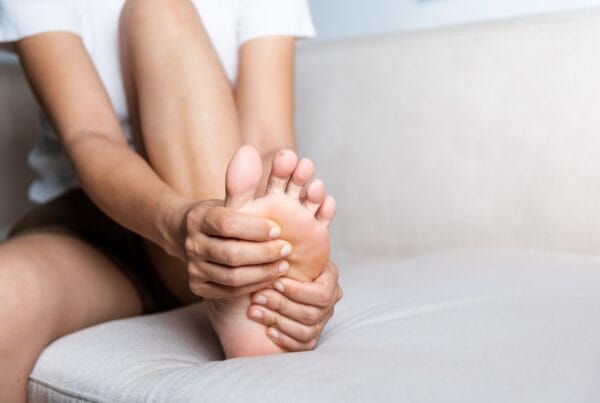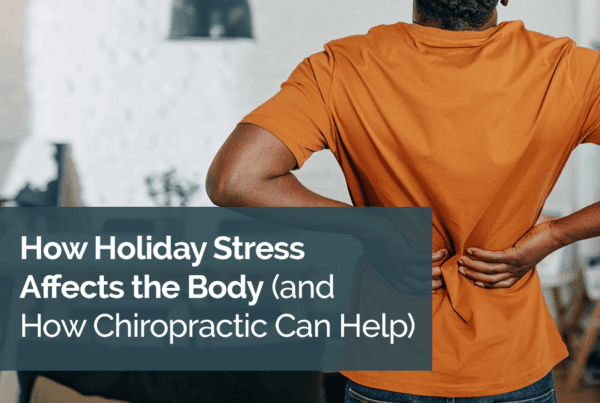Posture is the position that your body maintains while standing, sitting, or lying down. Most experts would agree that “good” posture reduces the stress on your spine by balancing the load placed upon the muscles and ligaments that support it.
Good posture is essential because it helps you align your bones and joints properly. This helps reduce the wear and tear on your joints and can decrease the strain on the ligaments that support your spine. New research also indicates that maintaining a good or balanced posture can help you use your muscles more efficiently and prevent fatigue.
To prevent back pain, your best posture may be one of motion. If you sit in one position too long, small nerves will detect the pressure and send messages to your brain, indicating that you’re uncomfortable—which is your prompt to move!
Researchers believe these “uncomfortable” signals before pain are our body’s way of telling us to move or change positions. A standing desk is one of the best strategies to reduce neck and lower back pain associated with sitting.
Good posture means keeping your spinal curves aligned and weight evenly distributed.
Changing positions or using a standing desk can help you improve your posture and reduce your risk of neck and back pain.
Standing desks have been shown to reduce back pain by over 30% compared to sitting at a desk.
One of the best ways to improve your posture is to not stay in a single position for too long. Changing your position throughout the day, using a lumbar support when seated, and even using a standing desk are all ways that you can reduce fatigue and pain.
Science Source:
- Effects of Lower Trapezius Strengthening Exercises on Pain, Dysfunction, Posture Alignment, Muscle Thickness, and Contraction Rate in Patients with Neck Pain; Randomized Controlled Trial. Medical Science Monitor 2020
- Back Health and Posture. Cleveland Clinic. 2020
- “Tech Neck” Taking a Toll on Posture. Columbia Spine. 2018
- Upright Posture Improves Affect and Fatigue in People with Depressive Symptoms. Journal of Behaviour Therapy and Experimental Psychiatry in 2017
- Breaking up workplace sitting time with intermittent standing bouts improves fatigue and musculoskeletal discomfort in overweight/obese office workers. Occupational & Environmental Medicine. 2014





